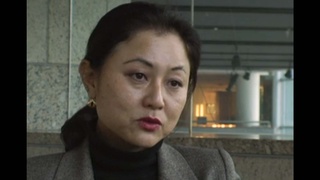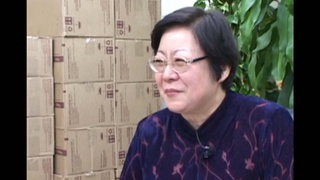Interviews
On becoming a Japanese national (Japanese)
(Japanese) Actually, I feel like I should and can become a Japanese national any time. It’s just that I need to get all materials, and this might sound a bit rude, but in my current job, I don’t have any problems being Brazilian - I’ve never had such problems - so I’ve remained Brazilian to this day.
So, since I know that I’m not going back to Brazil, with my home here, since I’m going to live my life in Japan with everyone here, maybe I should become a national as soon as possible. But I think I’ll do that when I need to, at the right time.
And I believe that nothing about me will change even if I become a national. I mean, I am still from Brazil and I’ll probably want to stick to my name Paulo.
Date: October 18, 2016
Location: Gunma, Japan
Interviewer: Shigeru Kojima
Contributed by: Watase Media Arts Center, Japanese American National Museum








